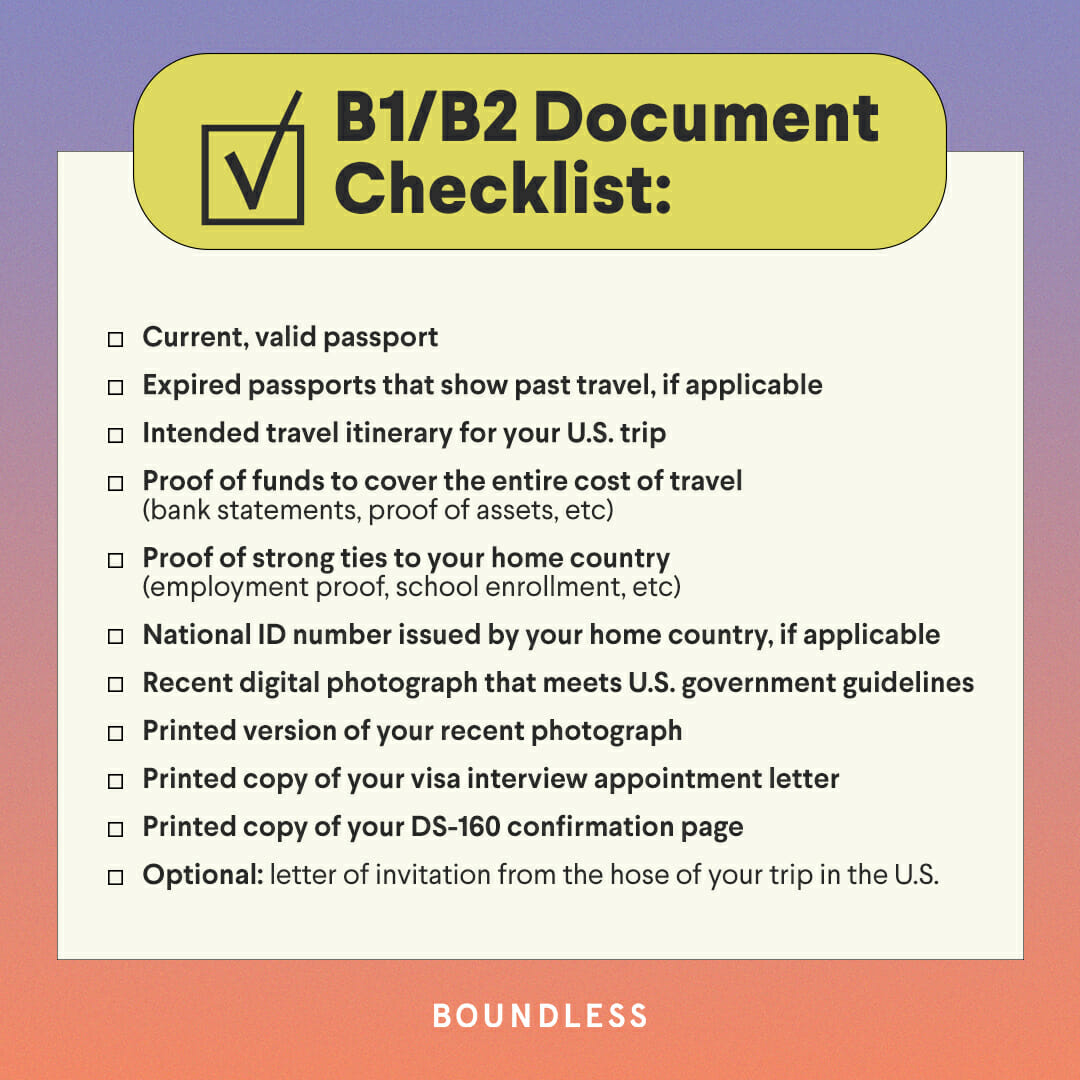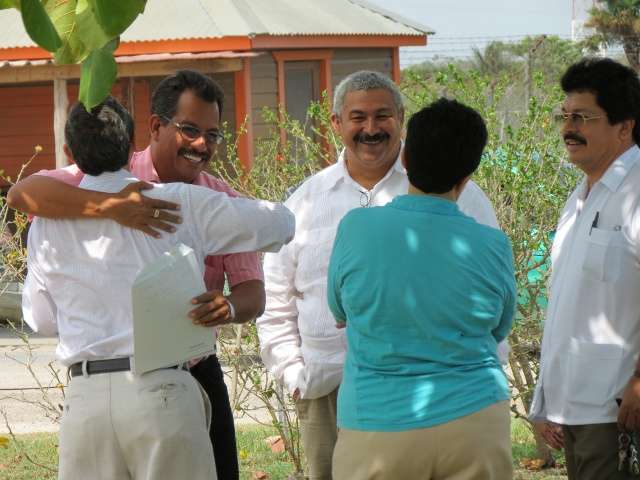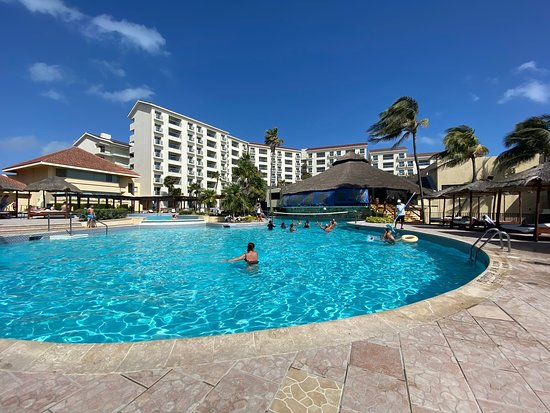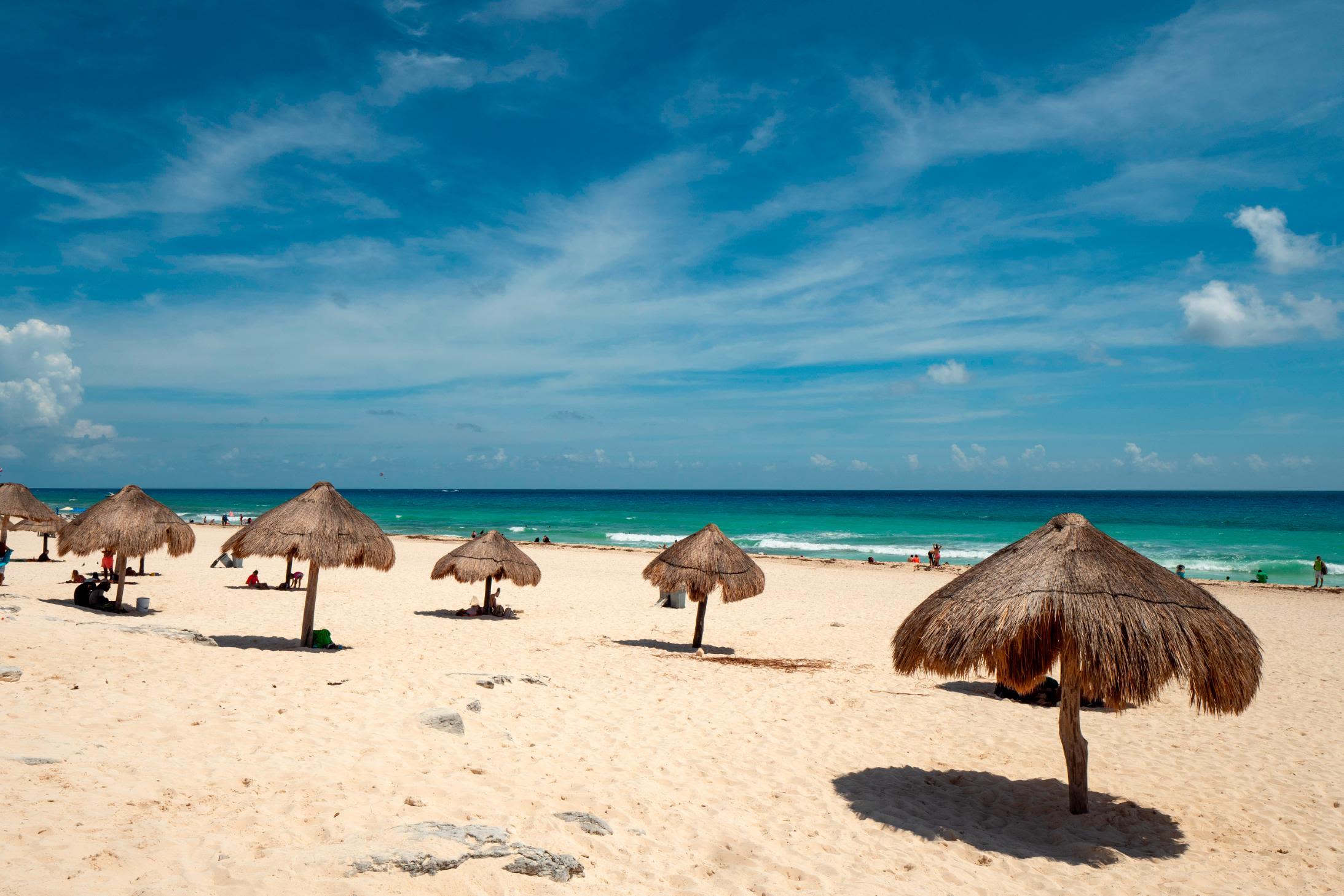Essential Travel Information And Visa Guidelines
Planning a trip abroad? Exciting! But before you embark on your adventure, it’s essential to have all the travel information and visa guidelines at your fingertips. Whether you’re a seasoned traveler or a first-timer, understanding the intricacies of visa requirements and other important details can make your journey smoother and hassle-free. In this article, we’ll dive into the essential travel information and visa guidelines you need to know before jetting off to your dream destination.
When it comes to traveling to a foreign country, one of the first things you need to check is the visa requirements. Each country has its own set of rules and regulations when it comes to granting visas, ranging from visa-free entry to strict visa application processes. It’s crucial to be aware of the specific visa guidelines for your destination to avoid any last-minute surprises. Whether you need to obtain a tourist visa, business visa, or student visa, understanding the documentation, fees, and processing times will help you plan your trip effectively.
Additionally, familiarizing yourself with the essential travel information for your destination is key to a successful and enjoyable journey. From knowing the local customs and traditions to understanding the local currency and transportation options, having this knowledge beforehand will enable you to navigate your way around with confidence. Whether it’s learning a few basic phrases in the local language or researching the best time to visit, being well-prepared will enhance your travel experience and create lasting memories.
So, buckle up and get ready to explore the world with our comprehensive guide
Planning a trip abroad? Here’s what you need to know! Before you embark on your journey, it’s crucial to gather essential travel information and understand visa guidelines. Research the entry requirements for your destination country and ensure your passport is valid for the duration of your stay. Check if you need a visa and apply well in advance to avoid any last-minute hassles. Familiarize yourself with local customs, currency, and important contact information for emergency situations. Remember to also consider travel insurance to protect yourself and your belongings. Bon voyage!

Essential Travel Information and Visa Guidelines
Traveling to new destinations can be an exciting and enriching experience. However, it’s important to be well-prepared and informed about the essential travel information and visa guidelines before embarking on your journey. In this article, we will provide you with valuable insights and tips to ensure a smooth and hassle-free travel experience.
Understanding Visa Requirements
When planning your travel, one of the first things to consider is the visa requirements of your destination country. Each country has its own specific rules and regulations regarding visas, so it’s essential to research and understand these requirements well in advance. Visas can be categorized into different types, such as tourist visas, business visas, student visas, etc. It’s important to determine the type of visa you need based on the purpose of your visit.
Types of Visas
Visas can vary from country to country, but some common types include tourist visas, business visas, and student visas. Tourist visas are typically required for leisure travel, allowing visitors to stay in a country for a specific period. Business visas, on the other hand, are necessary for individuals traveling for work-related purposes, such as attending conferences or meetings. If you’re planning to study abroad, you will need a student visa, which permits you to pursue educational opportunities in another country.
Visa Application Process
The visa application process can vary in complexity and duration, depending on the country you plan to visit. It usually involves submitting an application form, required documents such as a valid passport, proof of accommodation, travel itinerary, and financial statements. Additionally, you may be required to provide a letter of invitation or sponsorship from a host organization or individual in the destination country.
It’s crucial to apply for your visa well in advance to avoid any last-minute complications or delays. Some countries may also require an interview or biometric data collection as part of the application process. Make sure to check the specific requirements and procedures of the country you intend to visit and allow sufficient time for processing.
Visa-Free Travel
In some cases, travelers may be eligible for visa-free entry into certain countries. This means that you can visit these destinations without obtaining a visa beforehand. However, it’s important to note that there may still be specific entry requirements, such as a valid passport, return ticket, or proof of sufficient funds. It’s always advisable to check the visa policies and requirements of your destination country, even if it offers visa-free travel for your nationality.
Visa-Free Destinations
There are several popular destinations that offer visa-free travel for certain nationalities. For example, citizens of the United States, Canada, and the European Union can often travel to many European countries without a visa for a limited time. Similarly, citizens of select countries in Southeast Asia can enjoy visa-free travel within the region. It’s essential to research and confirm the visa policies of your desired destination to ensure a smooth entry.
Electronic Travel Authorization
In recent years, many countries have introduced electronic travel authorization systems, which simplify the visa application process. These systems allow eligible travelers to apply for an electronic travel authorization online, eliminating the need for a physical visa label or stamp. Examples include the Electronic System for Travel Authorization (ESTA) in the United States and the Electronic Travel Authorization (eTA) in Canada. It’s important to check if your destination country has such a system in place and apply accordingly.
Travel Insurance and Health Requirements
Travel insurance and health requirements are essential aspects of travel preparation. It’s crucial to have adequate travel insurance coverage to protect yourself and your belongings during your trip. Travel insurance can provide financial protection in case of unforeseen events such as trip cancellations, medical emergencies, or lost luggage.
Choosing the Right Travel Insurance
When selecting travel insurance, consider factors such as coverage limits, medical expenses, emergency evacuation, and trip cancellation coverage. It’s advisable to compare different insurance providers and read the policy details carefully to ensure you choose the coverage that best suits your needs.
Health Requirements
In addition to travel insurance, it’s important to be aware of any health requirements for your destination. Some countries may require specific vaccinations or medical tests before granting entry. It’s recommended to consult with a healthcare professional or visit a travel clinic well in advance to determine the necessary vaccinations and health precautions for your destination.
Currency and Financial Considerations
Understanding the currency and financial considerations of your destination is crucial for a seamless travel experience. Familiarize yourself with the local currency, exchange rates, and banking facilities available in the country you plan to visit.
Exchanging Currency
Before traveling, research the most convenient and cost-effective ways to exchange currency. Depending on the destination, you may find better exchange rates at local banks or authorized currency exchange offices rather than exchanging money at airports or hotels. It’s also advisable to notify your bank of your travel plans to avoid any issues with using your credit or debit cards abroad.
ATM Access and Cash Alternatives
Check the availability of ATMs in your destination country and any associated fees for international withdrawals. Additionally, consider carrying alternative forms of payment, such as a prepaid travel card or a small amount of local currency, for convenience and emergencies.
Local Customs and Etiquette
Respecting the local customs and etiquette of your destination is essential to ensure a positive and culturally sensitive travel experience. Each country has its own unique customs and traditions, and it’s important to familiarize yourself with them before your trip.
Researching Local Customs
Take the time to research and understand the local customs, greetings, dress codes, and acceptable behavior in your destination country. For example, some countries may have strict dress codes for religious sites, while others may have specific customs regarding greetings or gestures.
Showing Respect
Showing respect for the local culture and traditions can help you build positive relationships with the locals and enhance your travel experience. Be mindful of your actions and behaviors, and always be open to learning and adapting to local customs.
Final Tips for a Smooth Travel Experience
To wrap up, here are a few additional tips to ensure a smooth travel experience:
– Make copies of important documents such as your passport, visa, and travel insurance policy. Keep these copies separate from the originals in case of loss or theft.
– Research the local transportation options and plan your routes in advance to avoid confusion or delays.
– Stay updated on travel advisories and safety precautions for your destination.
– Learn a few basic phrases in the local language to help with communication.
– Pack appropriately for the weather and activities of your destination.
– Stay aware of your surroundings and take necessary precautions to ensure your safety and security.
By following these essential travel information and visa guidelines, you can embark on your journey with confidence and enjoy a memorable travel experience. Remember to plan ahead, stay informed, and embrace the adventure that awaits you. Happy travels!
Key Takeaways: Essential Travel Information and Visa Guidelines
- Plan your trip in advance to ensure a smooth travel experience.
- Check the visa requirements for your destination country before booking tickets.
- Ensure your passport is valid for at least six months beyond your planned departure date.
- Research the local customs and laws of the country you are visiting to avoid any misunderstandings.
- Keep important travel documents, such as your passport and visa, in a safe place during your trip.
Frequently Asked Questions
What documents do I need to travel internationally?
When traveling internationally, you will typically need a valid passport. Make sure that your passport is not expired and has at least six months of validity remaining. Some countries also require a visa for entry. It is essential to research the specific visa requirements for your destination country and apply for it in advance if necessary.
In addition to a passport and visa, you may be required to provide other documents such as proof of accommodation, return flight tickets, and travel insurance. It is always a good idea to check the entry requirements of your destination country and prepare all the necessary documents well in advance to avoid any last-minute complications.
How long does it take to obtain a visa?
The processing time for obtaining a visa can vary depending on the country you are applying to and the type of visa you require. Some visas can be processed within a few days, while others may take several weeks or even months. It is advisable to apply for a visa well in advance of your planned travel dates to allow sufficient time for processing.
However, expedited visa processing options are available for certain countries and visa types, which can significantly reduce the processing time. It is recommended to check with the embassy or consulate of the country you are visiting to get accurate information on visa processing times and any expedited options that may be available.
Can I travel without a visa?
Whether or not you need a visa to travel depends on your nationality and the destination country. Some countries have visa-free agreements with certain nationalities, allowing travelers to enter without a visa for a specified period. These agreements are often based on factors such as diplomatic relations, reciprocity, and the purpose of travel.
It is important to note that visa-free entry does not mean unlimited stay. There are usually restrictions on the duration of the visit, ranging from a few days to several months. It is crucial to check the visa requirements of your destination country and ensure that you comply with the allowed stay duration to avoid any immigration issues.
What are the common visa categories?
Visa categories can vary from country to country, but some common types include tourist visas, business visas, student visas, and work visas. Tourist visas are typically for leisure travel, allowing you to visit a country for a specific period for tourism purposes. Business visas are for individuals traveling for business-related activities such as meetings, conferences, or negotiations.
Student visas are for individuals enrolled in educational institutions abroad, while work visas are for those seeking employment opportunities in a foreign country. Each visa category has its specific requirements and restrictions, so it is crucial to determine the appropriate visa category based on the purpose of your travel and comply with all the necessary documentation and regulations.
How can I check the visa requirements for my destination?
To check the visa requirements for your destination, you can visit the official website of the embassy or consulate of the country you plan to visit. They usually provide detailed information about the visa application process, required documents, and any specific conditions or restrictions.
Alternatively, you can consult with a professional travel agent or visa service provider who can guide you through the visa application process and provide up-to-date information on the visa requirements for different countries. It is important to stay informed and updated on visa regulations to ensure a smooth and hassle-free travel experience.
[2023] Europe’s Schengen Visa Changes I ETIAS ~ What You Need to Know
Final Summary: Essential Travel Information and Visa Guidelines
So there you have it, all the essential travel information and visa guidelines you need to know before embarking on your next adventure. From understanding the visa requirements of your destination to packing your bags with the right essentials, we’ve covered it all. Remember, planning ahead and being well-informed is the key to a smooth and hassle-free travel experience.
When it comes to traveling abroad, knowledge is power. Familiarize yourself with the visa application process, gather the necessary documents, and pay attention to any specific requirements or restrictions. Whether it’s obtaining a tourist visa, work permit, or student visa, following the guidelines and meeting the criteria will ensure a successful application.
Additionally, don’t forget to research the local customs and traditions, as well as any travel advisories or safety precautions. Stay up-to-date with the latest information about your destination, such as entry requirements, health recommendations, and local laws. This will not only help you avoid any unforeseen challenges but also allow you to fully immerse yourself in the culture and make the most out of your trip.
Lastly, keep in mind that travel plans can sometimes change unexpectedly. Stay flexible and be prepared for any adjustments you may need to make along the way. Whether it’s a last-minute visa extension or a change in travel itinerary, having a backup plan and a positive attitude will go a long way.
So, pack your bags, gather your documents, and






